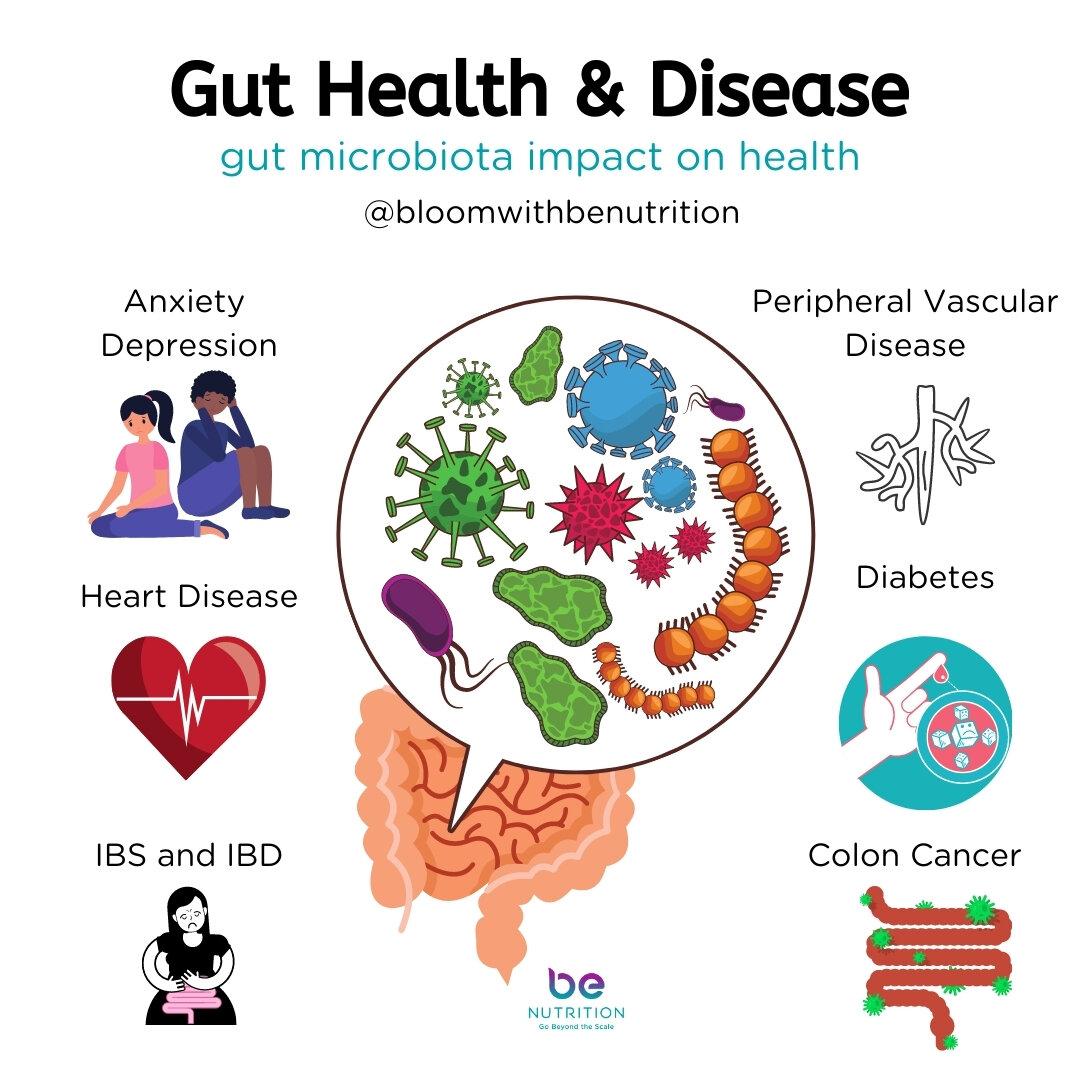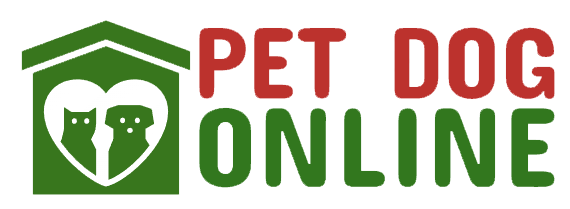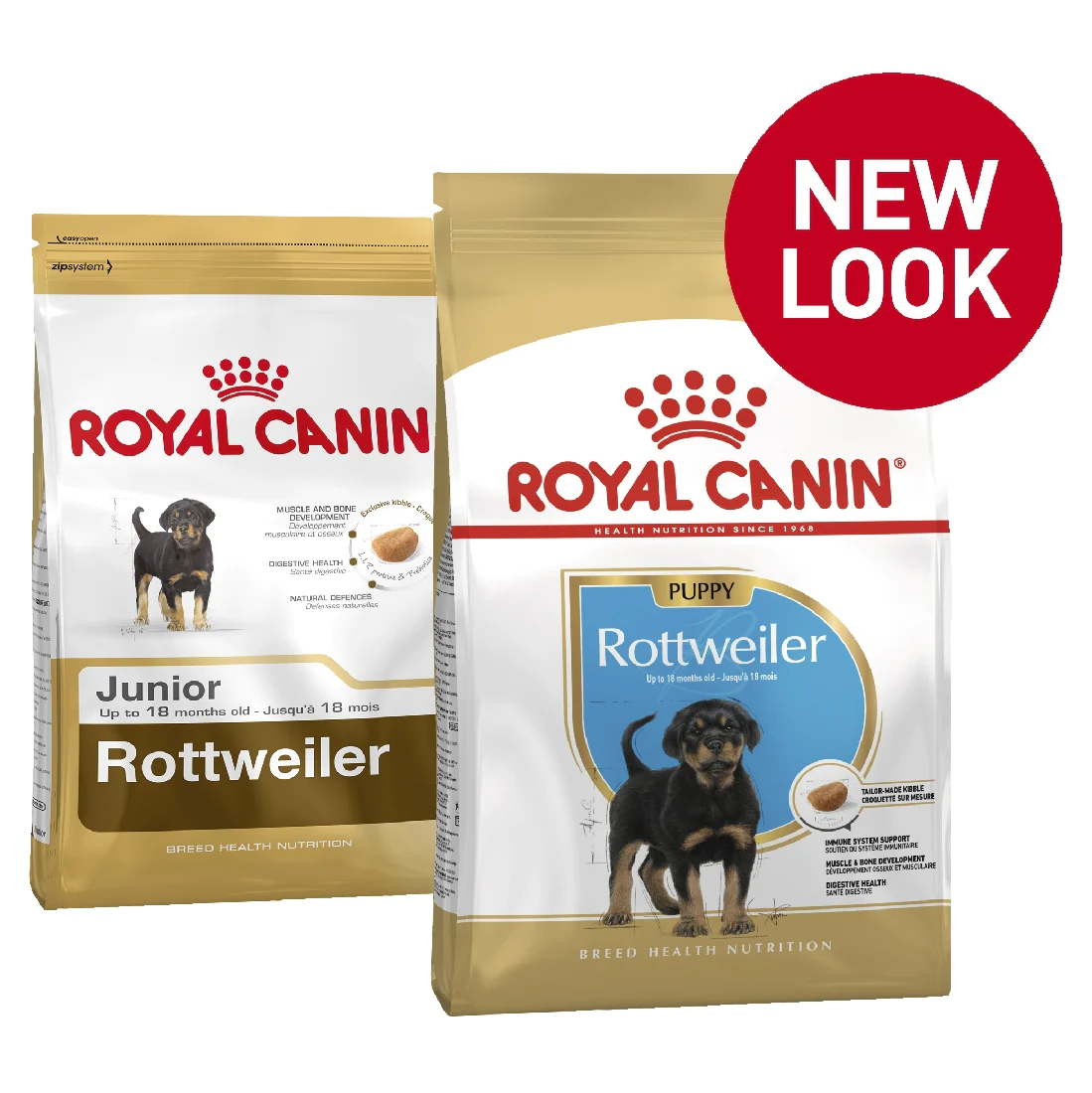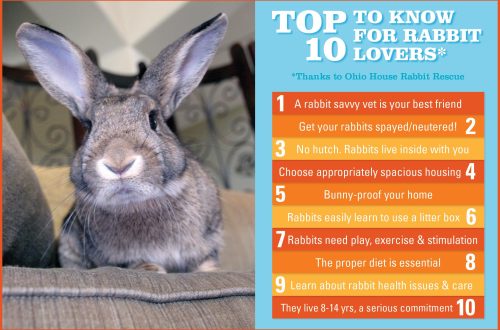
Decoding Gut Health: A Guide for Your Pets’ Well-Being
Decoding Gut Health: A Guide for Your Pets’ Well-Being
In the intricate world of pet care, few topics evoke as much curiosity and concern as gut health. Just as a thriving microbiome is vital for our well-being, it plays a pivotal role in the health and happiness of our beloved companions. With pets often regarded as family members, understanding the nuances of their digestive systems can be the key to unlocking their overall vitality. As we delve into the science of gut health, this guide aims to illuminate the path toward optimal pet wellness, offering insights into the delicate balance of their diet, digestion, and the myriad factors that contribute to their unique microbiomes. Join us on this journey to better grasp the secrets within, and empower your furry friends to lead healthier, happier lives.
Table of Contents
- Understanding the Gut Microbiome and Its Role in Pet Health
- Signs of Gut Imbalance: What to Watch for in Your pets
- Nourishing the Gut: Nutrition Tips for Optimal Digestive Health
- Practical Solutions: Probiotics, Prebiotics, and more for Your Furry Friends
- Concluding Remarks

Understanding the Gut Microbiome and Its Role in Pet Health
The gut microbiome refers to the vast community of microorganisms, including bacteria, viruses, fungi, and protozoa, residing in the digestive tracts of pets. These tiny inhabitants play a significant role in maintaining overall health and well-being. A balanced gut microbiome not only aids in digestion but also supports immune function, influences mood, and helps regulate metabolism. To keep your pet’s microbiome thriving, consider the following factors:
- diet: A high-fiber and balanced diet promotes diversity in gut bacteria.
- Probiotics: Ensure your pet gets probiotics through supplements or fermented foods, which can enhance gut health.
- Stress Management: Just like humans,pets experience stress,which can affect their gut health.
- Veterinary Care: Regular check-ups can catch and address any gut health issues early.
Some common signs that your pet’s gut microbiome might potentially be imbalanced include:
| Symptoms | Possible Issues |
|---|---|
| Diarrhea or constipation | Inflammation or infection |
| Excessive gas | Food intolerances |
| Unexplained weight loss | Nutrient absorption issues |
| Changes in appetite | Underlying health problems |
Understanding these signs empowers pet owners to take proactive steps toward fostering a healthier gut microbiome, which can ultimately lead to a happier and more vibrant pet.

Signs of Gut Imbalance: What to Watch for in Your Pets
Recognizing signs of gut imbalance in your pets is essential for maintaining their overall health. A healthy digestive system plays a crucial role in absorbing nutrients, maintaining energy levels, and ensuring your furry friends feel their best. Look out for the following indicators that may suggest a disruption in their gut flora:
- Changes in Appetite: A sudden increase or decrease in appetite could signal underlying digestive issues.
- Unpleasant Odor: Foul breath or flatulence frequently enough points to imbalances in gut bacteria.
- Digestive Disturbances: frequent vomiting,diarrhea,or constipation are key signs of an upset gastrointestinal tract.
- Weight Fluctuations: Unexplained weight loss or gain may be linked to poor nutrient absorption.
- Skin Issues: Itchy skin or rashes can sometimes stem from food sensitivities related to gut health.
Along with the physical signs, behavioral changes may also provide insight into your pet’s digestive well-being. Pets suffering from gut imbalances may exhibit:
- Lethargy: A noticeable drop in energy levels can indicate discomfort or illness.
- Changes in Mood: Increased irritability or anxiety can be linked to digestive distress.
- Poor Coat Quality: Dull fur or excessive shedding might reflect inadequate nutrient absorption.
Monitoring these signs can assist you in determining when it’s time to consult with a veterinarian for potential dietary adjustments or further interventions.

Nourishing the Gut: Nutrition Tips for Optimal Digestive Health
Maintaining optimal digestive health for your pets can considerably enhance their overall well-being. one of the easiest ways to promote a healthy gut is by incorporating a balanced diet rich in fiber and prebiotics. These nutrients help nourish the beneficial bacteria in the gut, which play a crucial role in digestion. Consider including foods such as:
- Pumpkin - A natural source of fiber that supports regularity.
- Sweet Potatoes – Packed with vitamins and fiber to improve gut health.
- Probiotic Yogurt – A good source of live cultures that boost gut flora.
- vegetables – Carrots and green beans can be tasty treats that also aid digestion.
Along with a fiber-rich diet, providing your pets with adequate hydration is essential for digestive health. Water aids in breaking down food, allowing nutrients to be absorbed effectively while preventing constipation. Not only should fresh,clean water be available at all times,but you can also include:
| Hydration Options | Benefits |
|---|---|
| Wet Food | Increases water intake and adds flavor. |
| Bone Broth | Nourishing and easy to digest, provides additional nutrients. |
| Water-rich Fruits | Such as watermelon or cucumber, refreshes and hydrates. |

Practical Solutions: Probiotics, Prebiotics, and More for Your Furry Friends
When it comes to enhancing the gut health of your pets, incorporating probiotics and prebiotics into their diet can be incredibly beneficial. Probiotics are live microorganisms that promote a healthy balance in the gut flora, while prebiotics serve as food for these beneficial bacteria. Including them in your furry friends’ meals can help support digestive health, boost the immune system, and improve overall well-being. Some great sources of probiotics for pets include:
- Yogurt: Look for plain, unsweetened varieties without artificial flavors.
- Kefir: This fermented drink is packed with beneficial bacteria.
- Fermented vegetables: Options like sauerkraut (without salt) can introduce healthy bacteria.
Prebiotics, on the other hand, are found in fiber-rich foods that encourage the growth of good bacteria. Integrating these into your pet’s diet can help in regulating their digestive system. Foods that are rich in prebiotic fibers include:
- Bananas: A delicious treat that’s also gut-friendly.
- Sweet potatoes: A nutritious option full of fiber.
- Blueberries: These little berries are great for a gut-friendly snack.
| Probiotic Source | Benefits |
|---|---|
| Yogurt | Supports digestive health and improves gut flora. |
| Kefir | Boosts immunity and aids digestion. |
| Fermented vegetables | Increases beneficial bacteria and helps detoxify. |
Concluding Remarks
As we conclude our exploration into the intricate world of gut health for our beloved pets, it’s clear that nurturing their digestive well-being goes far beyond mere dietary choices.Just like humans, our furry companions thrive on a balanced ecosystem within their guts that supports their overall vitality, happiness, and longevity. By understanding the signals your pet’s body sends and taking proactive steps to cultivate their gut flora, you can pave the way for a healthier, more vibrant life together.
Remember, the journey to optimal gut health is ongoing, requiring attention, love, and the right resources.Incorporating wholesome foods, probiotics, and a keen eye on their habits will enable you to decode the mysteries of their digestion. So, as you embark on this journey with your pet, think of it not just as a duty but as an opportunity to deepen your bond, ensuring they feel their very best in body and spirit.With each meal and every moment you invest in their gut health, you’re nurturing not just their physical well-being but enriching your shared experience. Hear’s to a happier, healthier life for you and your furry friend—where gut health reigns supreme!





